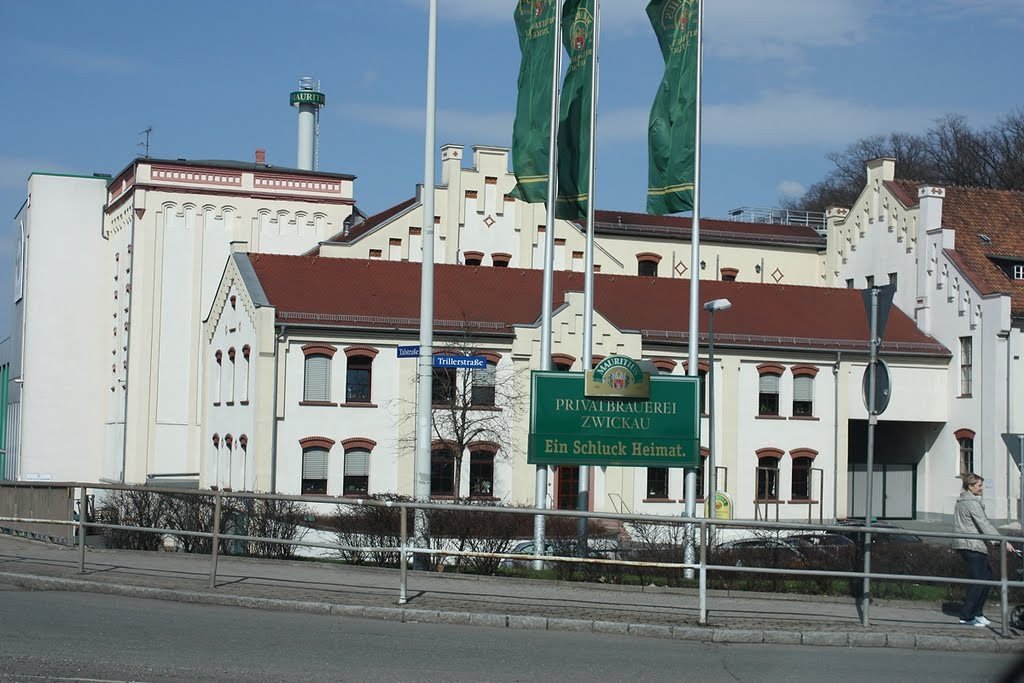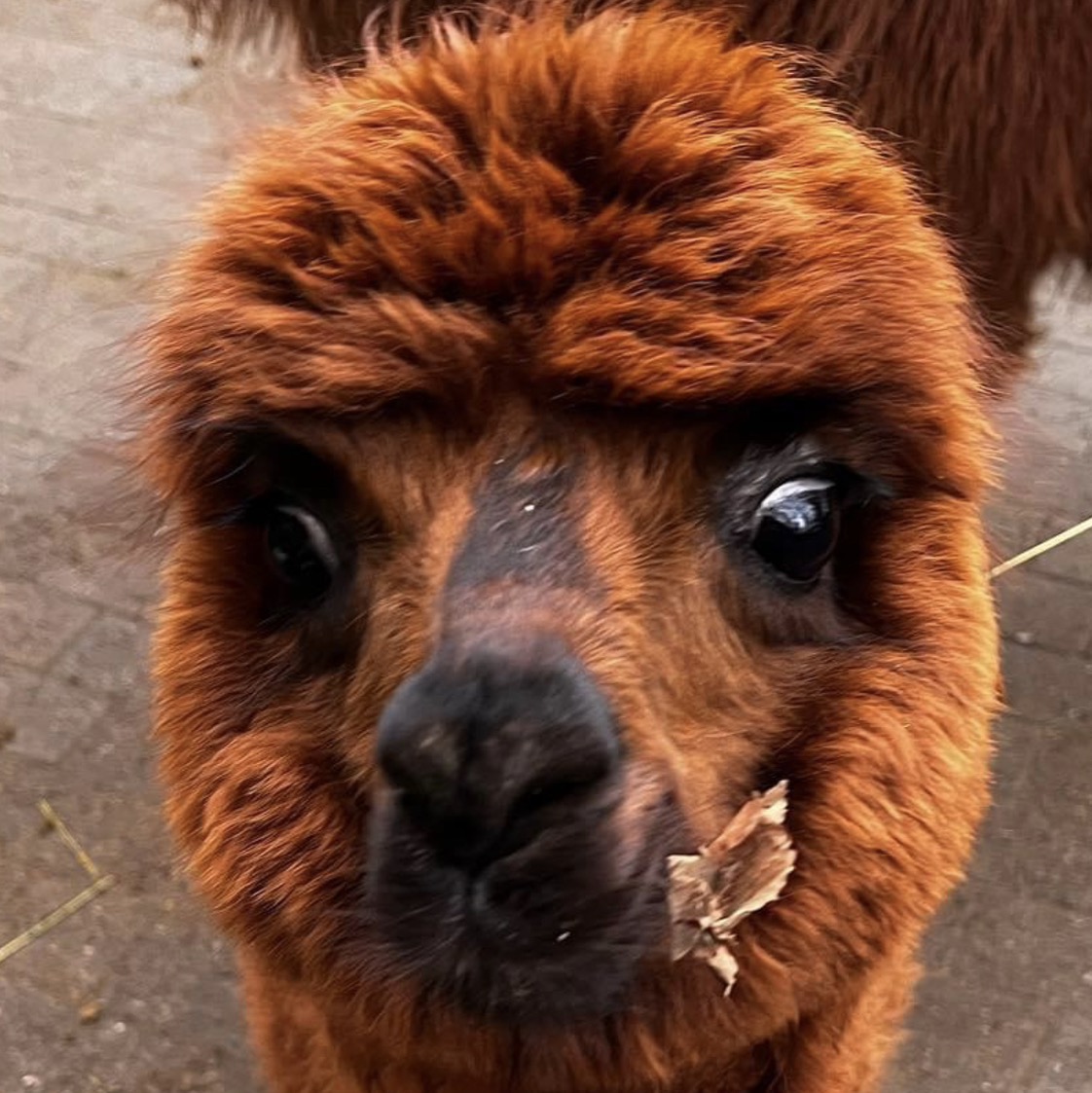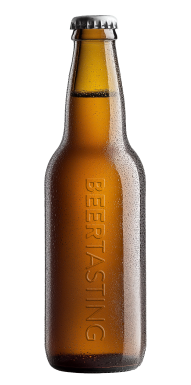Description
Brewing is one of the city's oldest and most respected industries. A privileged brewing right has existed since at least the 14th century; Zwickau's town charter from 1348 already contains brewing regulations. Around 1421 the beer ban was pronounced over the surrounding villages; a ban on brewing beer. When lager beers appeared in 1511, the first mountain cellars were built below the Trillerberg so that beer could be kept cool for a long time. The written regulation of beer production in the city was established in 1525 with the printed city brewing regulations. The Thirty Years 'and Seven Years' War led to a massive reduction in breweries in the city. Since the middle of the 18th century there have only been four breweries left in the city. Finally, in 1857, the Zwickau Brewery Association was founded. In 1859 the brewery association established the club brewery, in 1889 the brewery club was converted into the joint stock company Vereinsbrauerei zu Zwickau. In 1946 the brewery was expropriated and nationalized. The brewery ran under the name VEB Vereinsbrauerei Zwickau until 1959. After that, the brewery was assigned to the VEB Brau-Kombinat Zwickau as Plant I. The VEB Brau-Kombinat Zwickau became part of the VEB Beverage Combine Karl-Marx-Stadt from 1984. This combine also included the Sächsische Union-Brauerei, closed in 1990, as Plant II and the Schlegelbrauerei in Zwickau-Planitz as Plant III. In 1990 the Dinkelacker brewery in Stuttgart took over the Mauritius brewery. In 1996 Dinkelacker and Schwabenbräu merged to form Dinkelacker-Schwabenbräu AG, which belonged to the Inbev Group from 2004 to 2007. With effect from January 1, 2006, the Mauritius brewery was separated from the group and has existed as an independent private brewery ever since. Initially, the two managing directors Rainer Otto and Werner Weinschenk and Gert Gabler were shareholders. In 2018, Dinkelacker-Schwaben-Bräu Stuttgart and Jörg Dierig took over 100% of the brewery from the previous owners, Rainer Otto and Werner Weinschenk. Dierig previously worked for Krombacher, Gerolsteiner and Oettinger. Around 350,000 hectoliters of beer are brewed annually.








.png)




.png)

